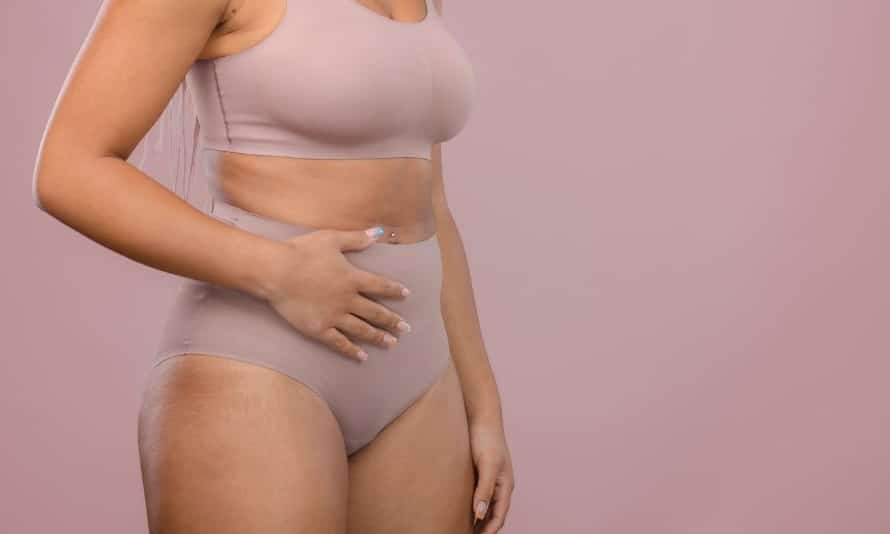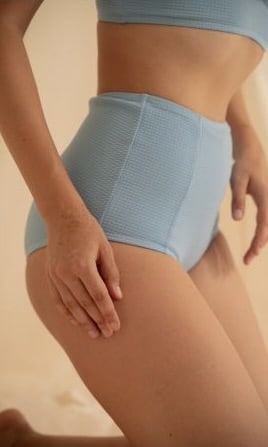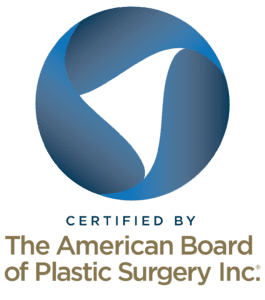Liposuction procedures are some of the most popular cosmetic procedures in the United States, and for a good reason. This body-shaping procedure offers fast results that improve over time and can change your contours in a way that weight loss can’t.
But maintaining your liposuction procedure results means you need to commit to a healthy diet and exercise. In addition, to understand whether liposuction procedures are permanent, it’s essential to know more about how fat cells and this procedure work.
You Have A Set Number Of Fat Cells
Science shows that every human has a set number of fat cells, also called adipocytes. This number is decided by your genetics and is the same throughout your life. So once you are fully grown, you have the same fat cells you did as a child.
The reason we gain weight isn’t that we gained fat cells; they simply increased in size. When we gain or lose 20 pounds, the fat cells get larger or smaller.
However, if you gain a lot of weight, the remaining fat cells may divide and make more.
The other exception is if you have liposuction. Liposuction permanently removes fat cells with a cannula. Traditional liposuction will remove fat cells in various target areas, such as the abdomen, sides, hips, rear, or arms.
Fat Cells Die And Are Replaced
This can be confusing, but it’s essential to understand that fat cells don’t last your entire life. So each year, the body makes more fat cells to replace those that die.
So, the body constantly makes new fat cells, but the total number of cells stays the same, except in cases of severe weight gain.
Once the fat is taken out with liposuction, you will have fewer fat cells and it doesn’t come back. So the fat cell removed from your abdomen, for example, won’t come back. But that doesn’t mean you can eat whatever you want after liposuction and not worry about it.
Why Some People Gain Weight After Liposuction
Some plastic surgeons say they sometimes see people come into their offices after liposuction who gained body weight.
Remember that liposuction will permanently remove fat cells out of a body area, but some fat is still left there. You will still have fat cells in other parts of your body.
If you overeat and don’t exercise, you still can add weight, you just won’t gain as much weight in the treated area.
This is why some liposuction patients end up gaining weight after surgery. The key is to follow a healthy lifestyle after liposuction so you can maintain your results.
It’s too bad that some patients go through the trouble of liposuction and breast augmentation but can’t maintain their new shape. But there are simple ways to make it happen.
What Types Of Liposuction Can Be Performed
Liposuction encompasses various techniques, including traditional liposuction, laser assisted liposuction, ultrasound assisted liposuction, and power assisted liposuction.
Each method differs in how stubborn fat deposits are loosened and removed, offering options tailored to patient needs, recovery time, and desired body contouring outcomes.
How To Maintain Your Liposuction Results
If you go to the time and trouble to undergo liposuction surgery, you probably want to maintain your new shape as long as you can. You can do just that if you follow these guidelines:
Maintain A Steady Weight
Liposuction is intended to help you get to your ideal shape and weight when you can’t do it just with diet and exercise. This procedure will help to lose weight of about 5-11 pounds of fat from your body at one time. Obviously, how much fat is removed will play the main factor in this and it is important to remember that this in not a weight loss procedure.
After your liposuction recovery, you should stay at about the same healthy weight to avoid gaining fat in other body areas.
Get Regular Exercise
After you recover from liposuction, you should get back to your regular exercise routine. You can maintain your new shape by getting at least 30 minutes of exercise every day.
Do cardiovascular exercises, such as jogging, walking, swimming, or biking. And add in some strength training because muscle burns calories when you’re at rest.
Eat A Healthy Diet
Exercise will do a lot, but it’s not enough if you don’t eat a healthy diet. Be sure you limit your carbohydrates and sugars by not eating unhealthy, processed foods.
Eat meat, fish, dairy, and nuts for protein, and consume plenty of fresh fruit and vegetables. When you eat carbohydrates, try to eat whole grains that contain more fiber.
 Drink A Lot Of Water
Drink A Lot Of Water
Drink enough water so you can keep your energy level and avoid hunger pangs that make us snack. Good hydration is essential to maintain a healthy metabolism and digestion process along with avoiding poor skin elasticity in the treated areas.
Try drinking a glass of water instead of a candy bar, and you’ll see that it helps to reduce your hunger. And you’ll maintain your liposuction results.
Eat Several Small Meals Per Day
We’ve been taught to eat three meals per day. But eating five or seven smaller meals can help avoid snacking during the day, leading to weight gain.
Having small meals also helps you keep up your energy levels to get more work done and exercise.
Doing liposuction is an excellent way to shape your body and eliminate stubborn fat. But you need to follow the guidelines mentioned above to maintain those results for years.
Also, remember that you can have this procedure with others to maximize your results. Some other popular procedures to consider are a mommy makeover, Brazilian butt lift, and tummy tuck. People often ask if liposuction is safe and it is as long as you are following these recommendations.
See Also: WHAT TO EXPECT 3 WEEKS AFTER LIPOSUCTION
Request a Houston Liposuction Consultation
Interested in liposuction in Houston? Please set up a consultation with board certified plastic surgeon Dr. Ashley Steinberg today. She’ll talk to you about the benefits and risks of liposuction and help you decide if it’s right for you.
References
Liposuction Overview. (n.d.). Accessed at https://www.webmd.com/beauty/cosmetic-procedure-liposuction#1
About Liposuction. (n.d.). Accessed at https://www.mayoclinic.org/tests-procedures/liposuction/about/pac-20384586
Liposuction. (n.d.). Accessed at https://www.plasticsurgery.org/cosmetic-procedures/liposuction





 Drink A Lot Of Water
Drink A Lot Of Water








